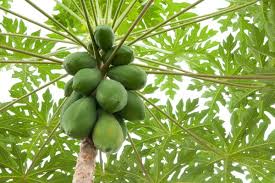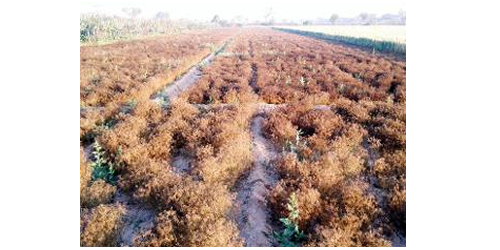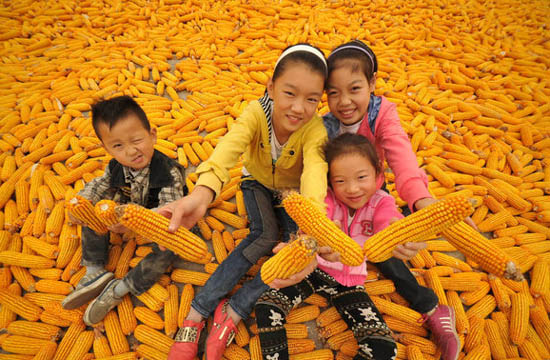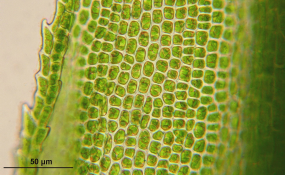Kenya: Busia Farmers Adopt Pawpaw Farming to Boost Food Security

A group that came together to manage a community health centre is now
making money from pawpaw farming.
When residents of nine villages in Esikulu Sub location in Busia County chose
representatives in the committee of their dispensary, focus was on financial,
human, material and resource management of the facility; little did they
envisage that they could venture into a separate income generating activity.
The Esikulu Self-Help Group has ventured outside the management of the
health facility and initiated a robust pawpaw farming enterprise that has
played a crucial role in galvanising their socio-economic fortunes.
Formed in 2010 to represent Bukesa, Mundulusia, Khung’ungu A and B,
Emaseno, Nakhomake, Buriang’I, Naskina and Esikulu villages, the group took
off with nine members. They were chosen to represent their respective villages
but six members were later recruited to widen the group and subsequently
allow for its registration.
The chairlady, Margaret Okunga, says: “After being chosen our first mandate
was to oversee construction of the dispensary in conjunction with doctors
from the Rotary club,” she said, adding that after the building was over,
the group found it necessary to look for ways of raising a regular income so
that they could financially cater for the dispensary and empower the local
community.
She says they decided to approach the Busia agricultural officers who
facilitated capacity building workshops where they were sensitised on various
crops suitable for the region.
“The group first undertook the planting of soya beans which they harvested
and distributed among themselves as a way of encouraging each one to plant
the crop,” she says, revealing that later they were convinced by their secretary
general, Ignatius Wabwire, to plant pawpaw.
“This came into my mind after attending several agricultural seminars. We
were taught of the financial, nutritional and medicinal values of the pawpaw
and we gained interest and after discussing it among ourselves we agreed to
give it a try,” says Wabwire.
Research shows that pawpaw produce enzyme papain which eases digestion
by breaking down proteins in the body and boosts the immune system as it
also prevents the recurring of cold and flu.
They spend Sh15, 000 annually on leasing land and to ensure that the pawpaw
is chemical free. Wabwire says they use organic fertiliser which they purchase
at a cost of Sh30, 000. Since the manure is prepared by the local residents, it is
purchased from them and as a result, they are empowered financially.
He says that a single pawpaw tree produces between 15 and 20 fruits in a
single harvest. He disclosed that they have just had a harvest of 10,000 kg from
the single acre of land. This is expected to fetch them about Sh500, 000.
Wabwire says the plant does not require close husbandry as it is free from
most diseases. “Pawpaw leaves are very bitter and poisonous to insects and
resist diseases and therefore nothing can affect it once it has grown,” he says,
adding that pawpaw farming is only threatened by vagaries of weather such as
high temperatures and wind.
Marketing of the fruit is a challenge and the large market in Busia town is
virtually flooded by the giant size paw paws from the neighbouring Uganda.
The group retail their produce in local markets and in the villages at Sh50 per
fruit.
“We currently have more than we can consume domestically. We were
targeting to sell to traders in Busia town but some traders from Uganda started
bringing genetically grown pawpaw which is relatively larger than ours and
therefore many traders prefer to go for the ones from Uganda because of their
sizes,” he says.





